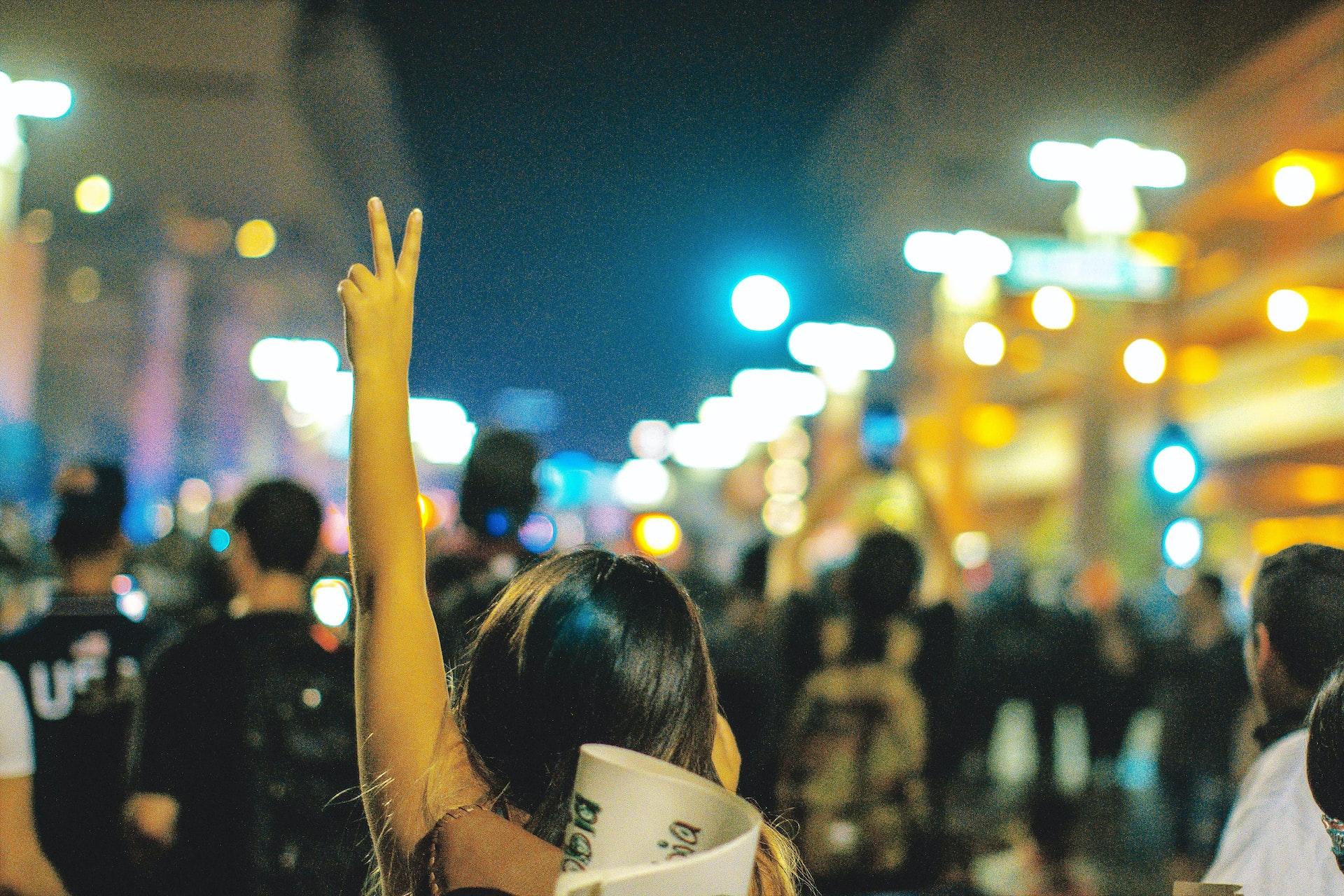
15 Nov Understanding Your Rights as a Protester
With so much political tension over the last few years, many people have started protesting. But before you join a march or picket line, it is important to know your rights as a protester. While you do have the right to protest peacefully on streets, sidewalks, or public parks, many local governments place limits on these types of actions.
The First Amendment Protects Your Right to Protest
“Congress shall make no law respecting an establishment of religion, or prohibiting the free exercise thereof; or abridging the freedom of speech, or of the press; or the right of the people peaceably to assemble, and to petition the government for a redress of grievances.”
Essentially, the First Amendment grants all citizens the right to peaceful assembly. It allows you to tell the government (and others what you think is wrong with the current laws or policies. But although it protects your right to protest, the use of the word “peaceably” is open to interpretation by local governments, giving way to some limitations.
Freedom of Speech Limitations
Most people remember learning about the First Amendment in elementary school as the right that protects your freedom of speech. However, that did not stop your teacher from sending Jimmy to the principal for cursing in class.
The freedom of speech does not give you the right to say anything you want without having to face the consequences. For example, the ACLU points several types of speech are not protected:
- Making false or malicious statements about public officials (libel)
- Using obscenities (disturbing the peace)
- Asking participants to break established laws (trespassing)
Location also matters when it comes to protesting. Your right to protest is generally protected on public streets, sidewalks, and parks, as long as you are not impeding the use of the area (blocking entrances, or harassing others).
Always check up on the local laws and regulations before organizing or participating in a protest. There could be a limit on how many people may assemble or bans on certain locations.
Can I Be Arrested for Protesting?
Yes—if you violate any local restrictions, or if the situation gets out of hand, you could get arrested for protesting. When participating in a protest, protecting yourself is very important. Here are several things you can do to keep yourself on the right side of the law when protesting:
- Research the local laws before going to the protest.
- Do not wear a mask that keeps you from being identified.
- Create a password lock on your phone. Do not use touch or face ID.
- Keep the phone number of a good defense attorney in your pocket, or share it with a person whose number you have memorized.
Criminal Defense Attorney
No matter what side of the divide you are on, obeying the law will help you protect your rights and freedoms. However, some protests do end in arrests, violence, and chaos. Don’t let an arrest wreak havoc on your future. If you get arrested at a protest, you need an experienced lawyer on your side. Todd Coolidge has over 25 years of experience in criminal defense in Phoenix. He can help you defend your rights as a protester to free speech and peaceful assembly.
Images used under creative commons license – commercial use (11/14/22). Photo by AJ Colores on Unsplash.




